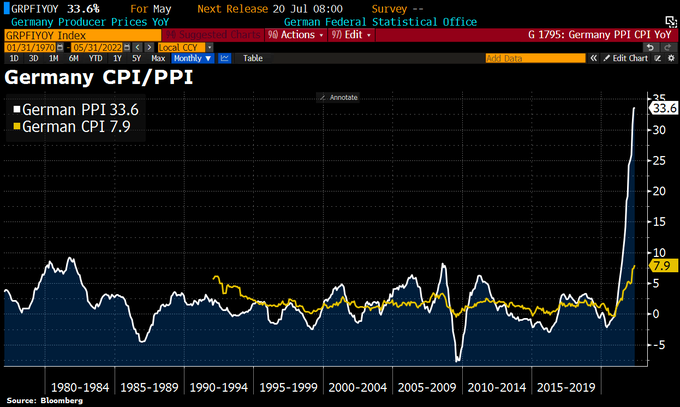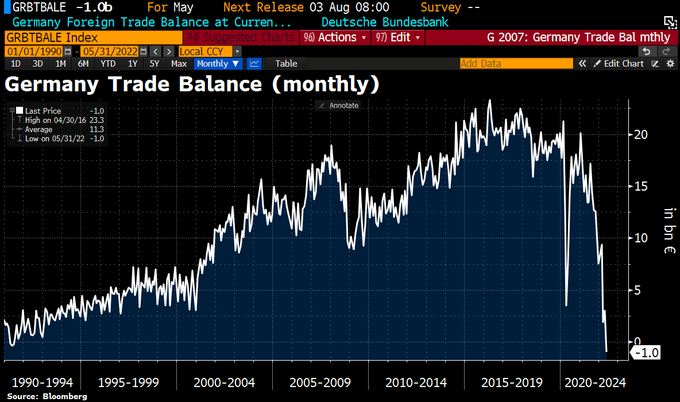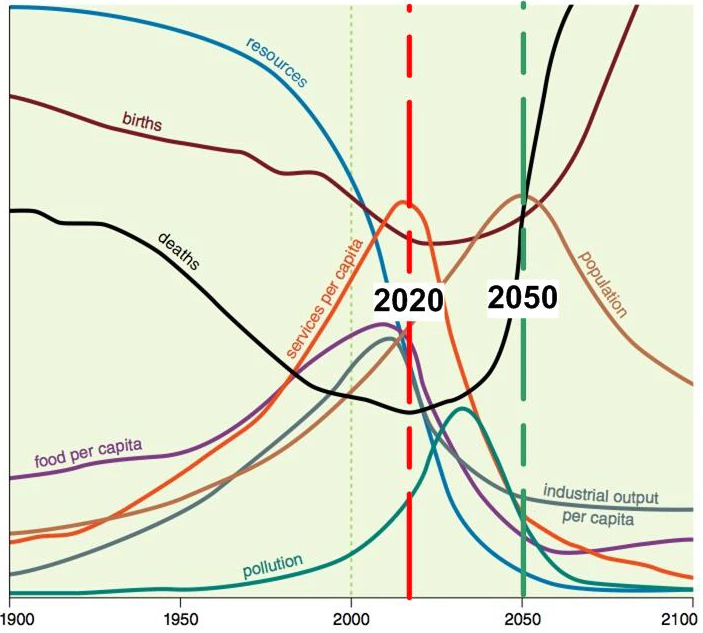by Tony Wikrent
Strategic Political Economy
Our Entire Civilization Is Structured Around Keeping Us From Realizing We Can Do This
Caitlin Johnstone [via Mike Norman Economics 7-9-2022]
Thousands of protesters outraged by the deteriorating material conditions of the nation’s economic meltdown have stormed the presidential palace of Sri Lanka’s President Gotabaya Rajapaksa, and I guarantee you the aerial footage as they poured into the building en masse has made every government leader and plutocrat a little uncomfortable today….
If you’ve ever wondered why so much energy goes into keeping everyone propagandized in our society, this is why. If you’ve ever wondered why our rulers work so hard to keep us divided against each other, this is why. If you’ve ever wondered why we’re always being instructed to take our grievances to the voting booth even though we learn in election after election that it never changes the things that most desperately need to change, this is why.
Our entire civilization is structured around preventing scenes like the one we’re seeing in Sri Lanka today. Our education systems, our political systems, our media, our online information. Religions that have been around for thousands of years because the powerful endorsed and promulgated them are full of passages extolling the virtues of obedience, poverty, meekness, and rendering unto Caesar what is Caesar’s. From the moment we are born our heads are filled with stories about why it’s good and right to consent to the status quo and why it would be wrong to take back what has been stolen from us by a predatory ruling class.
This is why we’re always inundated with messaging about the importance of civility and politeness any time people realize that they can simply confront corrupt officials in restaurants or at their homes to push for what they want. The managers of the oligarchic empire which rules over us are terrified that we will one day notice that there are a whole lot more of us than there are of them, and that there’s really nothing they could do to stop us if we decided to replace them with a system which benefits ordinary people instead of an elite few.
Introduction. THE POPULIST MOMENT: A Short History of the Agrarian Revolt in America
by Lawrence Goodwyn, Oxford University Press, 1978.
This consisted of a new way of looking at society, a way of thinking that represented a shaking off of inherited forms of deference. The achievement was not an easy one. The farmers of the Alliance had spent much of their lives in humiliating circumstances; repeated dealings with Southern merchants had inculcated insecurity in generations of farming people. They were ridiculed for their poverty, and they knew it….
In 1884-85, the Alliance began developing its own rhythm of internal “education” and its own broadening political consciousness among leaders and followers. The movement culture would develop its own mechanism of recruitment (the large-scale credit cooperative), its own theoretical analysis (the greenback interpretation of the American version of finance capitalism), its own solution (the sub-treasury land and loan system), its own symbols of politics (the Alliance “Demands” and the Omaha Platform), and its own political institution (the People’s Party). (pp 33-34)
[Naked Capitalism 7-8-2022]
Today’s neoliberal economic mainstream has created a fairy tale about civilization existing without any regulatory oversight or productive role for government, and without any need to levy taxes to provide basic social services such as public construction or even service in the military. There is no need to prevent fraud, or violent seizure of property – or the forfeiture of land tenure rights to creditors as a result of debts. But as Balzac noted, most great family fortunes have been the result of some great theft, lost in the mists of time and legitimized over the centuries, as if it were all natural.
These blind spots are necessary to defend the idea of “free markets” controlled by the wealthy, above all by creditors. This is claimed to be for the best, and how society should be run. That is why today’s New Cold War is being fought by neoliberals against socialism – fought with violence, and by excluding the study of history from the academic economics curriculum and hence from the consciousness of the public at large. As Rosa Luxemburg put it, the fight is between socialism and barbarism.
[Twitter, via Naked Capitalism Water Cooler 7-5-2022]
This extremely shady Wikipedia account has spent years maliciously editing the pages of empire critics at such a frenetic pace that normal editors simply can't keep up. Wikipedia simply allows this because Wikipedia is a western propaganda construct.https://t.co/MOk4bppkVc https://t.co/nZt2XzAi7C
— Caitlin Johnstone ⏳ (@caitoz) July 5, 2022
.
The Death of the British Imperial State
Craig Murray [via Mike Norman Economics 7-7-2022]
Acres have been written in the mainstream media about Johnson’s lying and personal immorality, but there is very little serious effort to understand why so many in society have been prepared to tolerate this. The answer is that neo-liberalism has succeeded in destroying societal values, to the extent that anti-social and even sociopathic behaviour no longer appears peculiar.
In a society where authority condones, and constructs a system to enable, personal fortunes of US $200 billion or more while millions of children in the same country are genuinely hungry and poorly housed, what values is the socio-political structure telling people to hold? What value is placed on empathy? Ruthless ambition and resource grabbing is applauded, encouraged and held up as the model to be followed.
More and more, you are either part of the elite or you are struggling.



